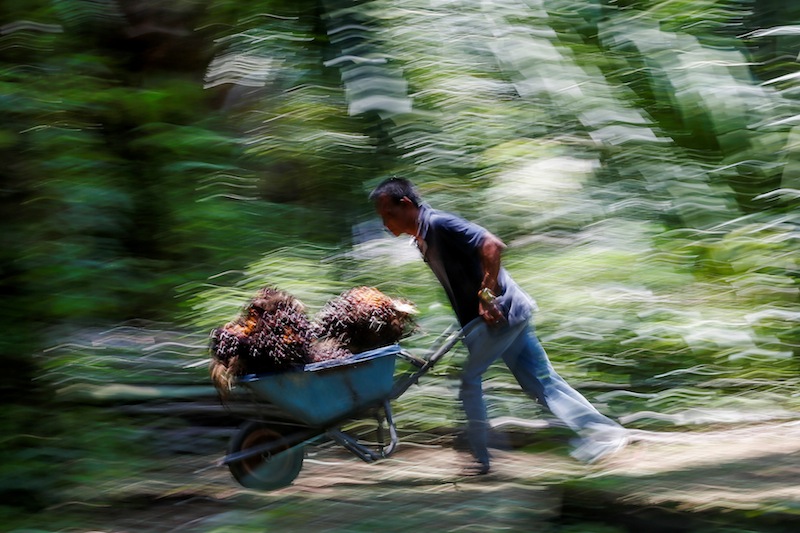KUALA LUMPUR, Dec 1 — Agriculture services company Cargill Holdings (Malaysia) Sdn Bhd, which celebrated its 40th anniversary in the country this year, is exploring new investment opportunities.
Chairman and Chief Executive Officer David W MacLennan said the opportunities could either be in the edible oil products or the downstream sector, which the government was looking into moving forward.
“We can’t produce base products anymore as we’ve got other players who are more competitive than us. Our neighbour Indonesia, the world largest producer of palm oil, is producing much more than Malaysia.
“In a way, to reduce its stock level, Indonesia has come out with efforts, including the recent announcement of zero levy per tonne (from US$50 per tonne previously) and B30 biodiesel programme implementation,” he told Bernama.
While the Malaysian palm oil stockpiles could reach 3.5 million tonnes by year-end, Indonesia could hit five million tonnes, according to a plantation analyst.
MacLennan said with the higher production due to good weather this year, the edible oils supply worldwide was improving amid lower demand.
“But with the Malaysian government pushing into the B10 biodiesel implementation next year, we could see the palm oil inventory level to reduce by at least 750,000 tonne per annum,” he said.
Asked whether the recent drop in crude palm oil (CPO) price to below RM2,000 per tonne had benefitted the company, he said: “Definitely, when the price is low we would want to purchase more as we want to process more and export more. But overall it still depends on the demand, as well as the business environment today.
“It is a good margin but you will also want to help the industry and at Cargill, almost 100 per cent of our raw materials are sourced locally and a big chunk of our suppliers are the smallholders,” he said.
MacLennan said the company was working with up to 760 smallholders and of them, 261 were certified by the Roundtable on Sustainable Palm Oil (RSPO) and Malaysian Sustainable Palm Oil (MSPO).
He said the company’s major issue was to get the smallholders to become RSPO and MSPO-certified.
The MSPO certification compliance will be made mandatory by the end of 2019 to elevate the industry to global standards.
“It is not so much of getting the certification but what we would like to do is to instil the sustainability mindset among them and this is the way to move forward.
“By 2020, we want to make sure that our supply chain is traceable and transparent and we are driving this in our supply chain.
“We work with millers, farmers and those operating the small estates — to bring them to a certain level of sustainability so that they can be certified while meeting customers’ demand,” he added.
Since its establishment in 1978 in Malaysia, Cargill has invested close to RM1.8 billion to strengthen its operations here.
Today, the company is present at nine locations and employs more than 750 employees locally.
Its business growth in Malaysia is derived from strong global demand for specialised oils and fats; regional demand for chocolate and specialty ingredients; and local demand for more chicken and seafood products — presenting opportunities for Cargill’s animal nutrition business.
Malaysia hosts regional teams for trade, sale and marketing of Cargill’s cocoa and chocolate products, as well as specialty ingredients.
The company also refines and exports value-added vegetable oils and fats to the global market; produces animal nutrition solutions for domestic consumption and distributes grain and oilseeds locally.
The company recorded US$104 billion (RM435 billion) in revenue last year, of which 29 per cent was made up of contribution from Asia Pacific. — Bernama






















